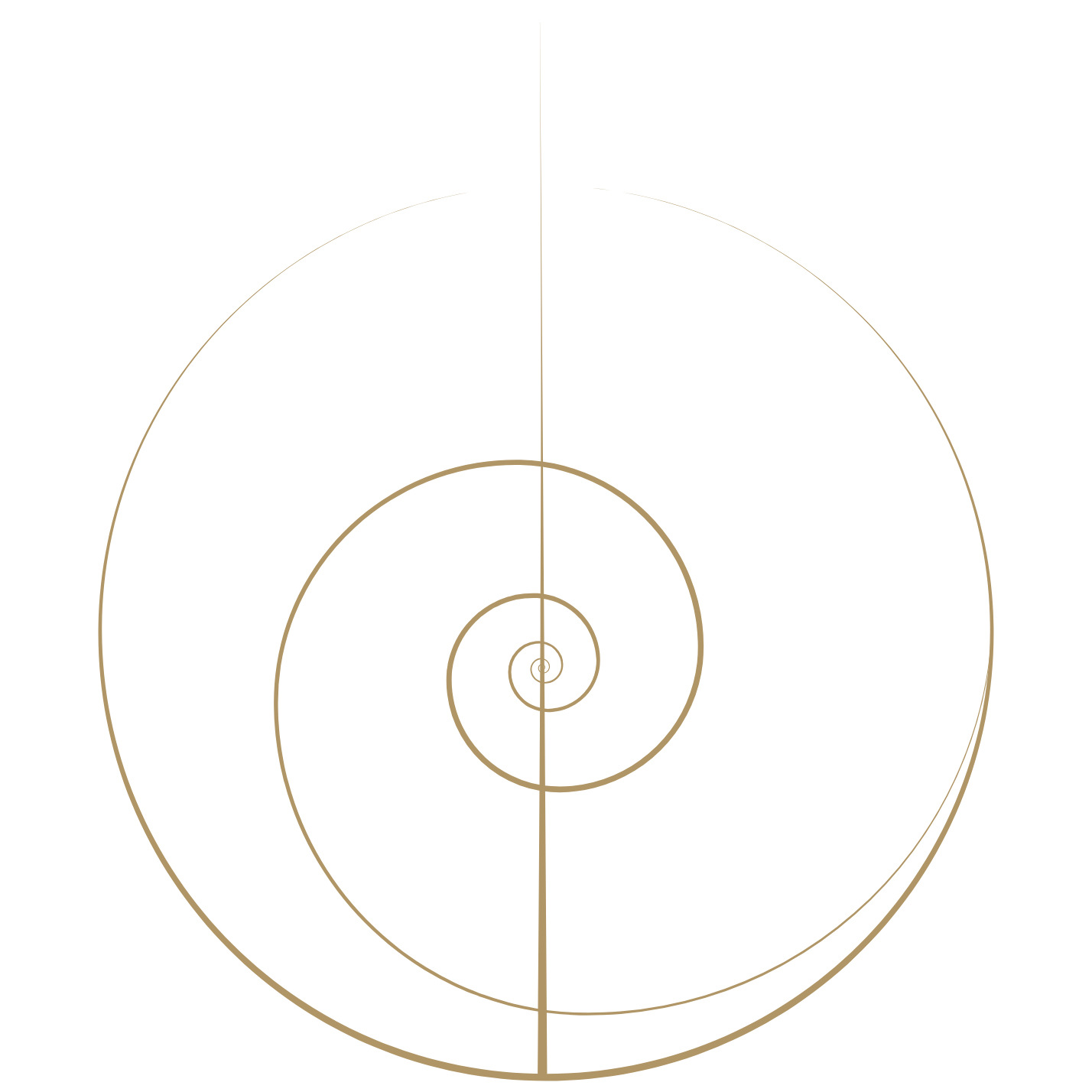Somewhere along the way, many of us forgot how to listen to the quiet signals of our bodies. We push through fatigue, numb our emotions, fill every moment with productivity – and wonder why we feel disconnected, anxious, or depleted.
But your body has never forgotten.
It still follows the same rhythm that nature does. The same flow that turns day into night, summer into autumn, inhale into exhale.
When you begin to respect your natural rhythm again, everything changes. You sleep more deeply, your digestion improves, your emotions soften, and you start to feel in sync – not just with yourself, but with life itself.
In this post, we’ll explore why it’s so important to honor your body’s natural timing, and how the current season – autumn – invites you to slow down, turn inward, and let go. You’ll learn how this wisdom is reflected in Traditional Chinese Medicine (TCM) through the metal element, the lungs and large intestine, and the yin energy of introspection and release.
You’ll not only understand how to align your daily rhythm with nature’s – you’ll feel inspired to start living that way. Your body will thank you.
How do you reconnect to your natural rhythm – especially now, in the season of autumn?
1. Tune into the energy of the season
According to TCM, autumn is ruled by the metal element. Think of metal as refinement – it’s strong, clear, and precise. In nature, leaves fall, the air becomes crisp, and energy moves inward. It’s a time to let go of what no longer serves and to preserve what truly matters.
In your body, this energy is mirrored by the lungs (your capacity to receive) and the large intestine (your ability to release). Together, they teach you the art of letting go – of breath, of emotions, of clutter, of control.
When you align with this rhythm, you naturally begin to exhale more deeply, declutter your environment, and simplify your life. You begin to live with more intention.
2. Create daily rituals that honor yin energy
Autumn’s energy is yin – slower, deeper, more inward. To balance your system, you can begin to create small rituals that cultivate stillness and introspection.
Try starting your morning by simply breathing. Place your hand over your chest, feel your lungs expand, and notice what you’re holding on to. Allow your exhale to be a conscious act of release. In the evening, practice yin yoga and reflect on what you can let go of: thoughts, habits, or relationships that no longer support your evolution.
This is not about forcing change. It’s about trusting that your body already knows how to shed, just like trees know how to drop their leaves.
3. Nourish your body with seasonal foods
In TCM, food is medicine. During the Metal season, your body craves warmth, moisture, and grounding. Think of soups, root vegetables, pears, ginger, and cooked grains. Avoid excessive cold or raw foods, as they weaken your digestive fire and can affect your lungs.
As you eat, slow down. Taste your food. Feel how it nourishes you. This simple act of mindful eating reconnects you to your natural rhythm more than any supplement ever could.
4. Listen to your breath
Your lungs are your emotional barometer. They respond immediately to grief, sadness, and the fear of loss. When you suppress emotion, your breath becomes shallow. When you allow it, your breath deepens, and so does your sense of peace.
Spend a few minutes each day observing your breath without trying to control it. Notice the natural rhythm of your inhale and exhale. Let your body teach you that receiving and releasing are part of the same dance.
5. Practice embodied letting go
Letting go isn’t just mental – it’s physical. Your body holds on to tension, memories, and patterns long after your mind decides to move on. Through energetic bodywork, shaking, stretching or yoga, you can help your body release what it’s ready to let go of.
This is why seasonal energy bodywork is so powerful. It doesn’t just talk about change – it facilitates it. Your body becomes the channel through which release happens, naturally and gracefully.
When you practice these steps consistently, you begin to notice subtle but profound shifts: your breath feels freer, your digestion smoother, your emotions more fluid. You start to move through life with more rhythm, ease and trust.
When the metal energy is out of balance
When your metal element is in harmony, you feel clear, light, and connected. Your breath flows freely, your emotions move like air through an open sky, and you easily release what’s no longer needed – whether that’s a thought, a grudge or a chapter of your life.
But when metal falls out of balance, it can feel as though you’re holding your breath, both literally and emotionally. There’s a tightness – in the chest, in your routine, even in your ability to trust life’s flow.
On a physical level, imbalance in the Metal element often shows up through the organs it governs: the lungs and the large intestine. You might notice shallow breathing, congestion, respiratory issues, constipation or sluggish elimination. These are your body’s way of saying: “Something needs to move.”
On an emotional level, the metal element is deeply tied to grief, sadness, and attachment. When balanced, these emotions can move through you like mist – cleansing, releasing, making space for clarity. But when suppressed, they harden into resistance. You may feel stuck in the past, disconnected from inspiration, or critical toward yourself and others.
Energetically, an excess of metal can manifest as rigidity: holding too tightly to structure, control or perfection. A deficiency can feel like loss of boundaries, low self-worth or a sense of emptiness, as if the sparkle has dimmed.
When you recognize these signs, it’s not a failure – it’s feedback. Your body is inviting you to soften, to breathe, to exhale.
To cry if you need to.
To declutter not just your home, but your heart.
Balancing the metal element isn’t about adding more – it’s about releasing what blocks your natural brilliance from shining through.
When you do, your breath deepens again, your mind clears, and your body returns to the quiet confidence that comes from alignment.
Honoring your rhytm is a practice
Once you begin to live in tune with your body’s natural rhythm, you might notice resistance arise. Old habits die hard. You might feel guilty for resting, or anxious when you’re not “doing enough.” That’s okay – it’s part of the recalibration.
When this happens, remind yourself: nature doesn’t rush. The tree doesn’t panic when its leaves fall; it knows that stillness is part of the process.
Respecting your rhythm is not a one-time action; it’s a lifelong practice. The more you honor it, the more your body opens to trust. You stop fighting yourself. You stop trying to live in a constant summer of doing, and you begin to honor the beauty of every season within you.
Autumn reminds us that letting go is not loss – it’s liberation. It’s the space between inhale and exhale where life reorganizes itself. It’s the sacred pause that allows something new to emerge.
Right now, your body is whispering: Slow down. Breathe. Simplify. Let go.
If you’re ready to experience this shift not just in your mind, but through your entire being — I invite you to join our upcoming seasonal energy bodywork group session, themed “Letting Go.”
Together, we’ll align your body’s energy with the rhythm of the metal season, helping you release what no longer serves and create space for clarity, peace and renewal.

